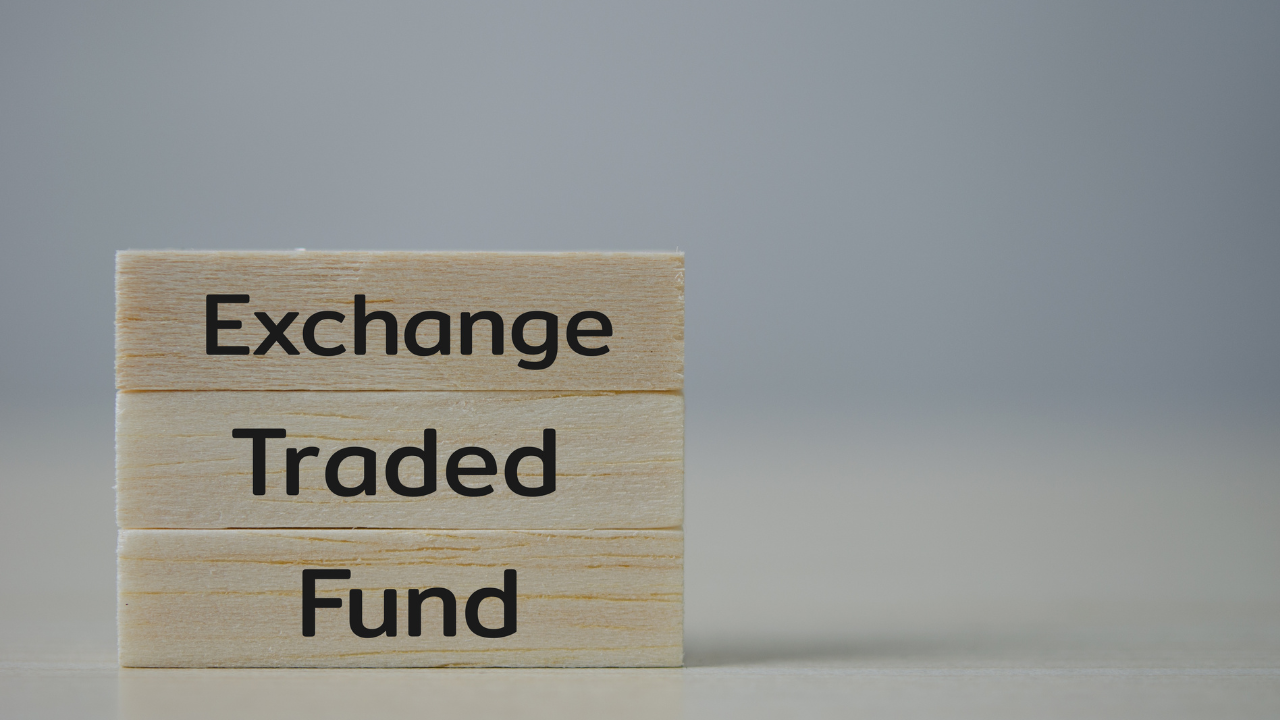ETFs (Exchange-Traded Funds) – FAQs for Global Investors

Exchange-Traded Funds (ETFs) are one of the most popular investment instruments for both beginners and professionals. Here are some frequently asked questions (FAQs) to help you understand ETFs better and make informed decisions.
1. What is an ETF?
An ETF, or Exchange-Traded Fund, is a type of investment fund that holds a collection of assets—like stocks, bonds, or commodities—and is traded on stock exchanges, just like a stock. ETFs aim to replicate the performance of a specific index, sector, or theme.
2. How do ETFs work?
ETFs pool money from investors to purchase a diversified portfolio of assets. Investors can buy and sell ETF shares on the stock market during trading hours. The price of an ETF fluctuates throughout the day based on market demand and supply.
3. What are the main types of ETFs?
- Stock ETFs – Track indexes like the S&P 500 or Nasdaq
- Bond ETFs – Invest in government or corporate bonds
- Commodity ETFs – Focus on commodities like gold, silver, or oil
- Sector ETFs – Invest in industries like healthcare, tech, or energy
- Thematic ETFs – Focus on themes such as AI, clean energy, or blockchain
- Inverse and Leveraged ETFs – Designed for short-term strategies and higher risk
4. What are the benefits of investing in ETFs?
- Access to a wide range of assets with a single investment
- Low expense ratios compared to mutual funds
- High liquidity since they trade like stocks
- Transparency in holdings and strategy
- Tax efficiency due to the creation/redemption process
5. What risks should investors consider?
- Market Risk – ETFs can lose value when markets decline
- Liquidity Risk – Niche ETFs may have low trading volume
- Tracking Error – The ETF might not exactly match the performance of its benchmark
- Complexity Risk – Leveraged and inverse ETFs are not meant for long-term investing
6. How are ETFs different from mutual funds?
- ETFs trade throughout the day like stocks; mutual funds only trade at the end of the day
- ETFs usually have lower fees
- ETFs don’t require a minimum investment
- ETFs offer more tax efficiency for long-term investors
7. Do ETFs pay dividends?
Yes, many ETFs distribute dividends if the underlying securities generate income. These dividends can be paid out in cash or reinvested depending on your brokerage settings.
8. Are ETFs good for beginners?
Yes. ETFs are ideal for beginners because they offer instant diversification, lower costs, and simplicity. Popular ETFs for beginners include:
- SPDR S&P 500 ETF (SPY)
- Vanguard Total World Stock ETF (VT)
- iShares MSCI Emerging Markets ETF (EEM)
9. How can I buy ETFs?
You can buy ETFs through any online brokerage platform. Here’s a basic process:
- Open a brokerage account
- Deposit funds
- Search for the ETF using its ticker symbol
- Place a buy order like you would for a stock
10. Are ETFs available worldwide?
Yes. ETFs are accessible globally through major exchanges such as:
- New York Stock Exchange (NYSE)
- London Stock Exchange (LSE)
- Tokyo Stock Exchange (TSE)
- National Stock Exchange (NSE) in India
- Toronto Stock Exchange (TSX) in Canada
Each exchange offers a variety of ETFs tailored to its regional investors and global markets.
11. Who are the top ETF providers?
Some of the most popular global ETF issuers include:
- Vanguard – Known for low-cost, broad-market ETFs
- iShares by BlackRock – Offers a wide variety of ETFs
- SPDR by State Street – One of the oldest ETF families
- Invesco – Known for innovation and thematic ETFs
12. Where can I research ETFs further?
Here are trusted external sources to explore:
Final Note:
ETFs are a powerful tool in building a diversified, flexible, and low-cost investment portfolio. As they continue to grow in global popularity, understanding how they work can significantly enhance your financial planning.




